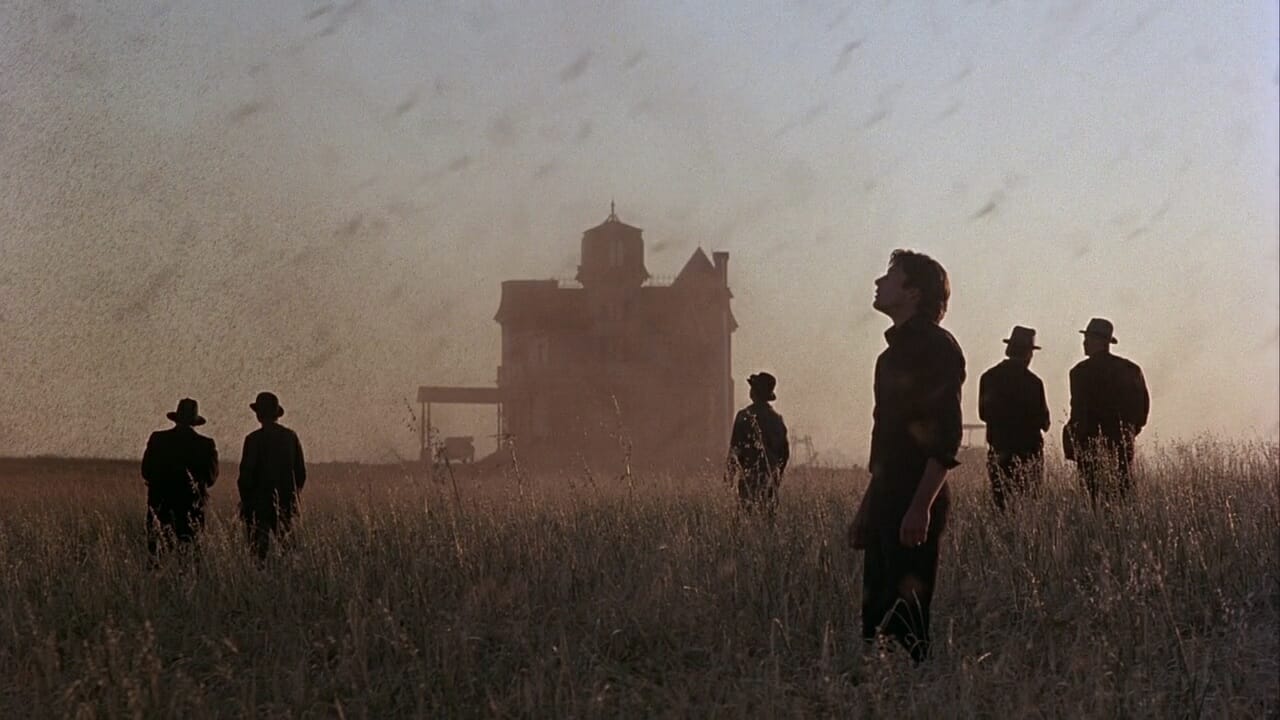-

The Best Films of the 1990s Decade
The greatest films of the 1990s, from America’s independent cinema to the start of the digital age.
-

BlackBerry (2023)
With much of Hollywood recently taking to the feel-good stories of successful entrepreneurs, the unlikely pairing of a naïve tech bro and cutthroat businessman in BlackBerry proves to be a satirically wry subversion of that formula, taking us behind the scenes of the most catastrophic business failure of the 21st century with a sharply cynical…
-
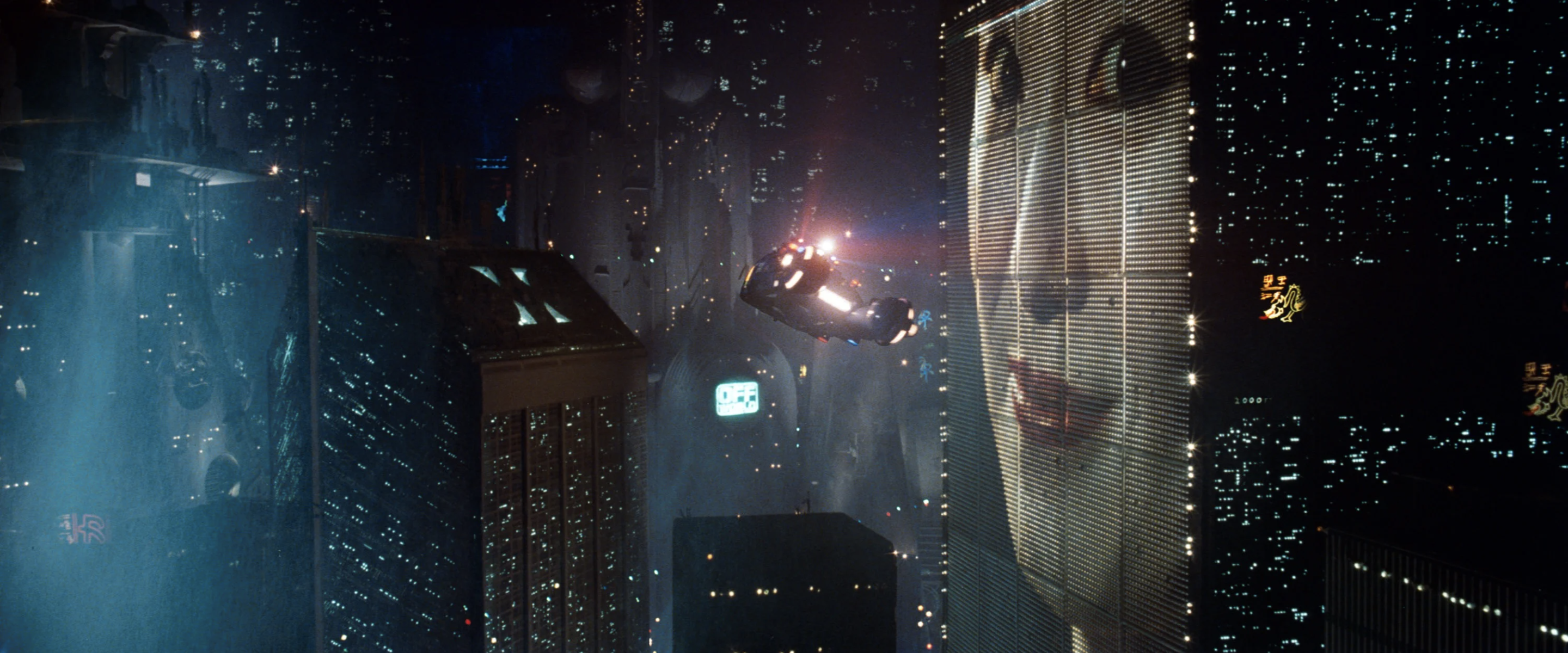
The Best Films of the 1980s Decade
The greatest films of the 1980s, from the end of New Hollywood to the rise of the modern blockbuster.
-
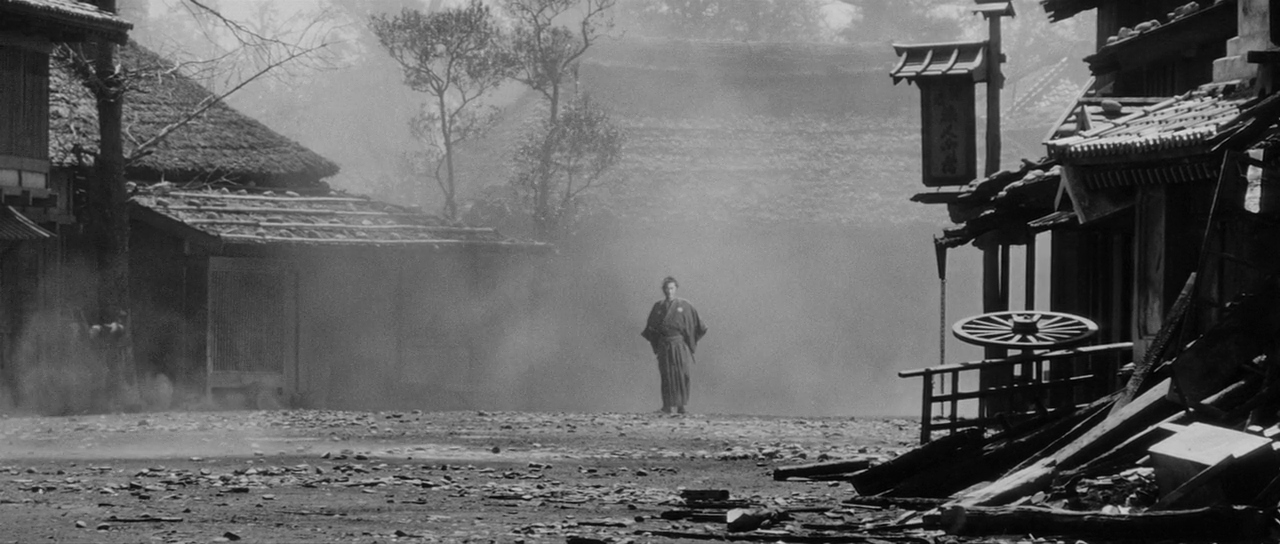
Yojimbo (1961)
Akira Kurosawa builds a complex ensemble of characters in Yojimbo’s compelling narrative of rival crime lords and Shakespearean power struggles, though it is the mysterious samurai who wanders into their midst who commands the greatest power of them all, seemingly walking straight out of Japanese mythology to save the town held hostage by a violent…
-
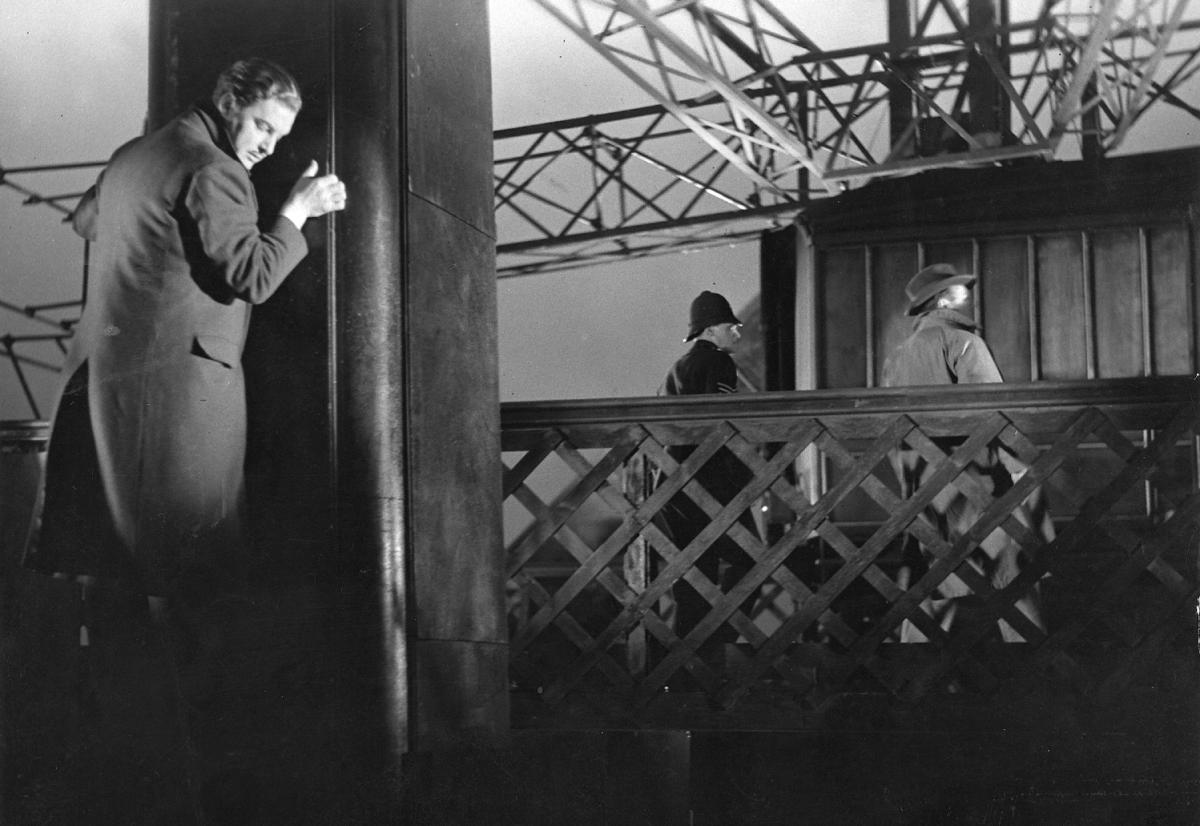
The 39 Steps (1935)
Despite its thrilling espionage plot and enormous stakes, The 39 Steps is far more fascinated in the sweet allure of danger that sends one man through Scottish moors, monuments, and to the heart of a deadly conspiracy, paralleling Alfred Hitchcock’s own growing psychological obsessions with corruption and pleasure throughout the 1930s.
-

Autumn Sonata (1978)
Like the persistent rotation between immaculately framed wide shots and close-ups, and the seasonal changes implied within the title Autumn Sonata, both mother and daughter are trapped within cycles of repression in Ingmar Bergman’s psychological family drama, poignantly recognising them as similarly flawed copies of each other.
-
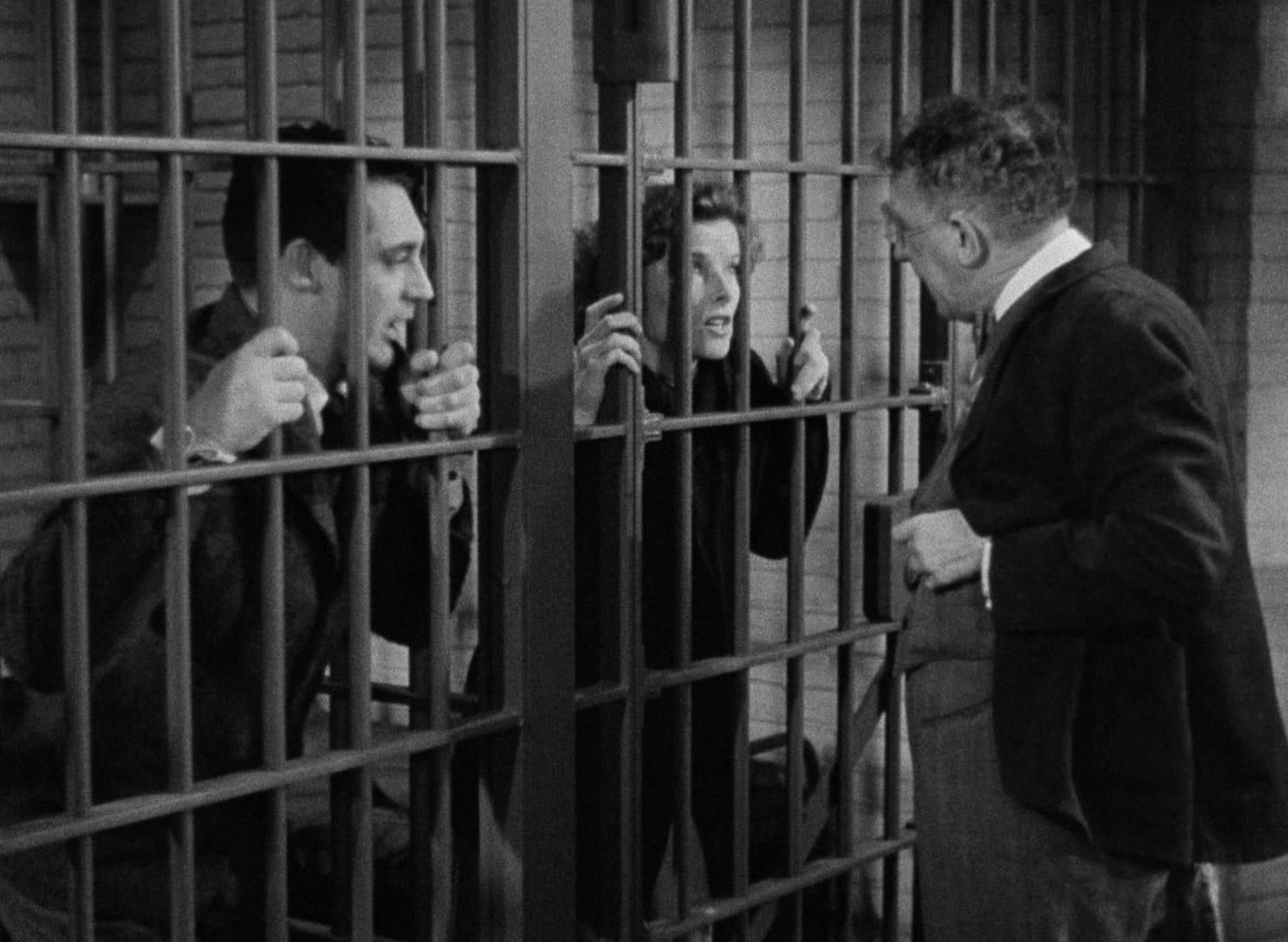
Bringing Up Baby (1938)
The eccentric, madcap energy of Bringing Up Baby isn’t atypical of 1930s screwball comedies, but Howard Hawks reaches near-perfection in his orchestration of sexual innuendos, animalistic subtext, and an amusingly tense dynamic between polar opposites finding an unlikely romance as reluctant caretakers of a leopard.
-

Decision to Leave (2022)
Soaring mountaintops and deep oceans become fitting metaphors for the dangerous longing between detective and suspect in Decision to Leave, as Park Chan-wook follows this obsession with a keen, stylistic precision and melancholic ambiguity that threatens to topple both in their pursuit of love.
-

Mission: Impossible – Dead Reckoning (2023)
Mission: Impossible – Dead Reckoning Part 1 proves there is still life to be found in Tom Cruise’s perilous undertakings seven films deep into the franchise, creatively playing on renewed fears of an artificial intelligence takeover with its intangible villain, and setting the stage for a series of thrillingly practical set pieces.
-

Asteroid City (2023)
In Asteroid City’s grand metaphor for life, everyone is performing roles that they may not fully understand, yet through the metatextual union of art and reality Wes Anderson reverberates a sweet, formal harmony across a youth astronomy convention visited by aliens, and the backstage drama of the play it exists within.
-
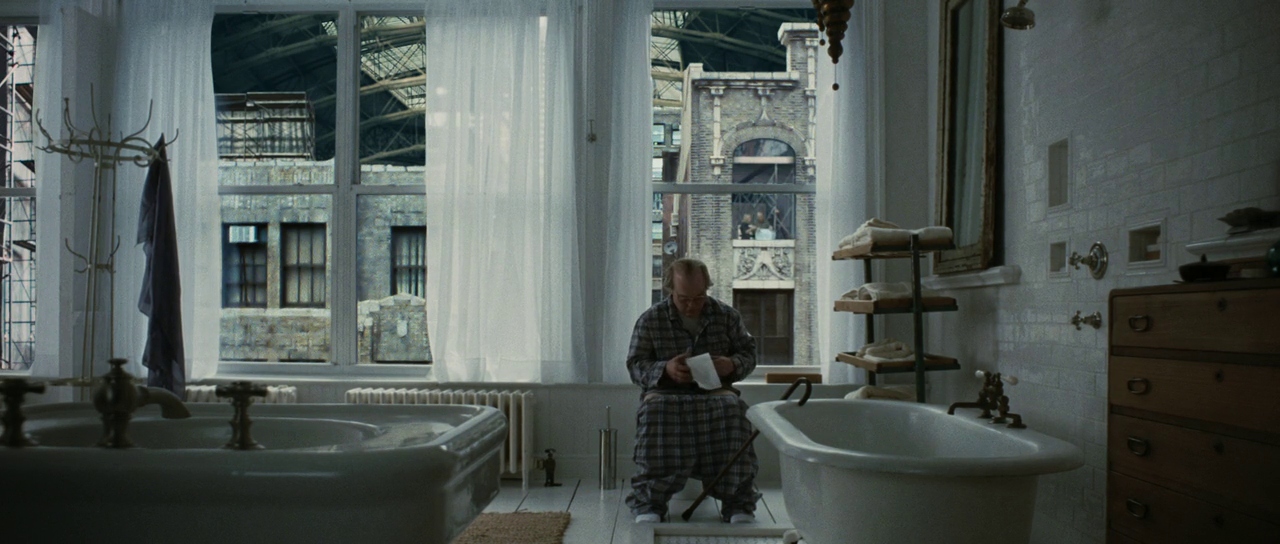
Synecdoche, New York (2008)
The formal ambition on display in Synecdoche, New York’s existential, postmodern allegory is equal parts staggering and confounding, transporting us into an absurdist meta-reality that gradually reveals the narcissistic insanity of Charlie Kaufman’s self-obsessed theatre director, and his exponentially sprawling vision of bloated artistic ego.
-
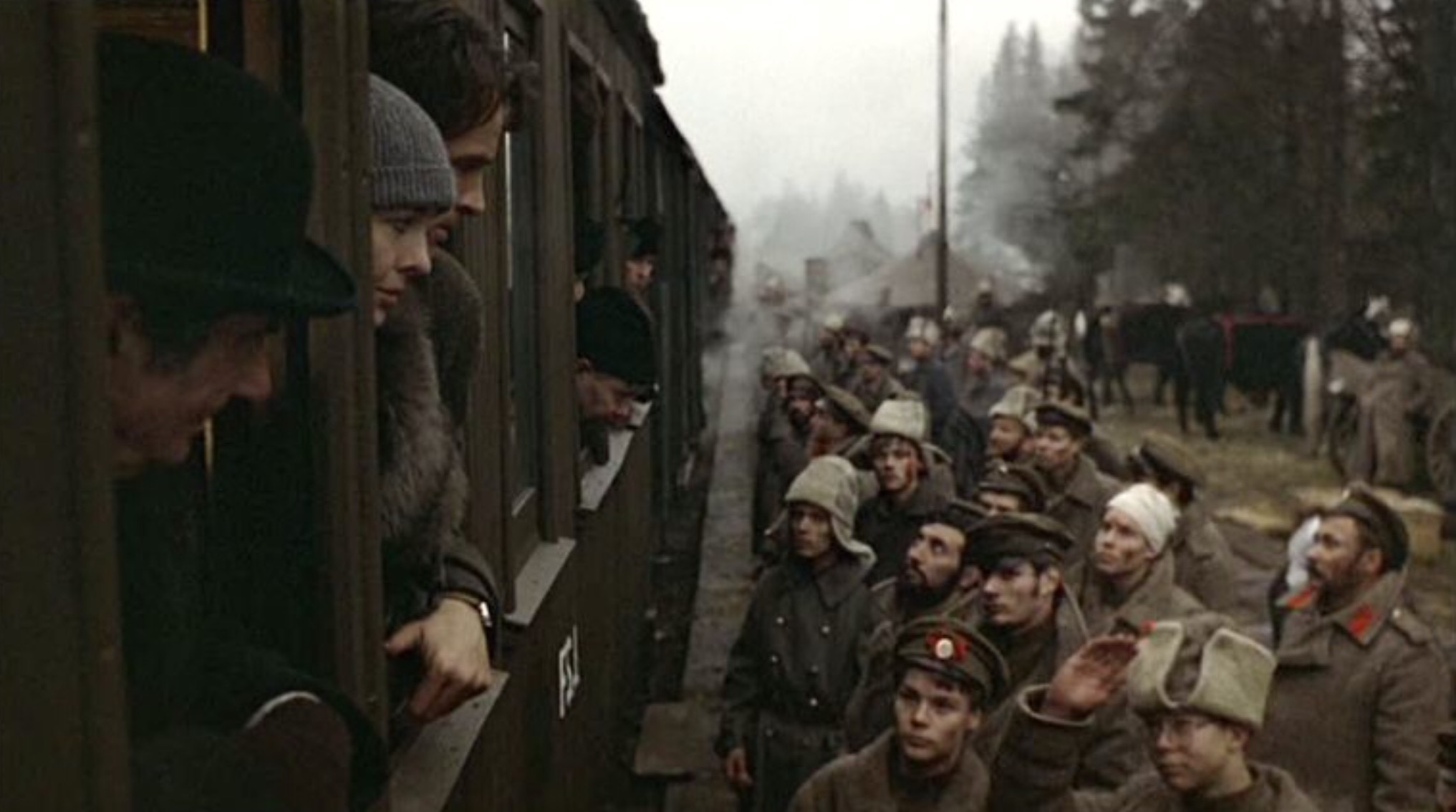
Reds (1981)
As Warren Beatty plays out an epic recount of 1910s American communism’s rise and fall, he also finds its living embodiment in bright-eyed journalist John Reed, passionately promising a hopeful future of equality doomed to live on only in the wistful memories of Reds’ aged interview subjects and their wistful firsthand accounts.
